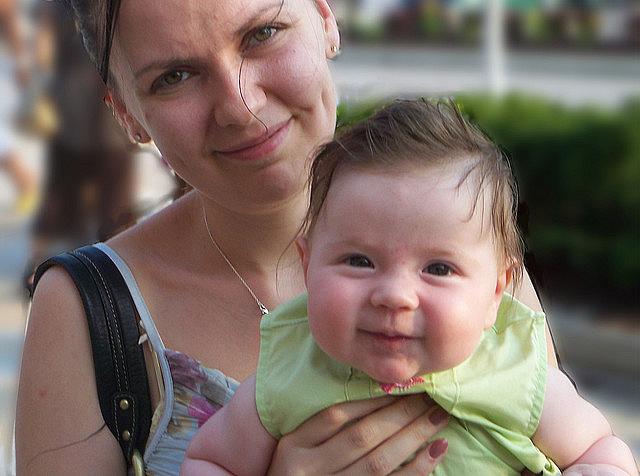Neglect can harm young brains as much as abuse

For babies, healthy brain development is like a tennis game. A caregiver "serves" up an interaction, like a facial expression, a coo, or a word, and the infant "returns" that serve, imitating the expression or sound. That "serve and return" is fundamental to developing and refining the tiny brain's wiring, according to Dr. Pat Levitt, a developmental neurogeneticist at Children's Hospital Los Angeles, medical school professor at the University of Southern California, and expert on the affects of trauma and neglect on childhood development. He spoke to a group of reporters I was among last week as a USC Annenberg National Health Journalism Fellow.
His research comes to mind as we hear reports about the spike in the number of children removed from their homes in Rhode Island, where I'm based, because of abuse or neglect.
Levitt says that just as interaction -- that "serve and return" - with a caregiver is critical for developing brains, the absence of interaction is just as powerful. If no one reads to you or talks to you, you don't build the same circuits for memory, learning, or language as kids who do get those experiences.
In other words, neglect can affect your brain power.
Levitt referenced some of the famous studies of children who grew up in Romanian orphanages, where they experienced very little interaction with caregivers. Compared to kids who didn't grow up in an institution, the electrical activity in their brains was like a 25 watt light bulb (versus a non-institutionalized child's brain, which was like a 100 watt bulb).
Neglected kids, he said, also don't develop the same types of resilience other kids do. Their responses to stress and fear are elevated, and stay elevated.
Addicted parents may not realize they're neglecting their kids, because addiction clouds your perception. Many experts and addicts have told me that you can't truly be present for your children while you're using. It doesn't mean they don't love their kids, but love isn't enough, it turns out, for developing brains.
Addiction isn't the only reason caregivers neglect children, but it's a big one. And neglect is the most prevalent form of child abuse.
But there's hope. When parents get treatment, they have a much better chance of helping their children recover from months or years of neglect. USC's Pat Levitt says you can reverse some of that damage to the brain's architecture. You can teach resilience.
Photo by ECohen via Flickr.

